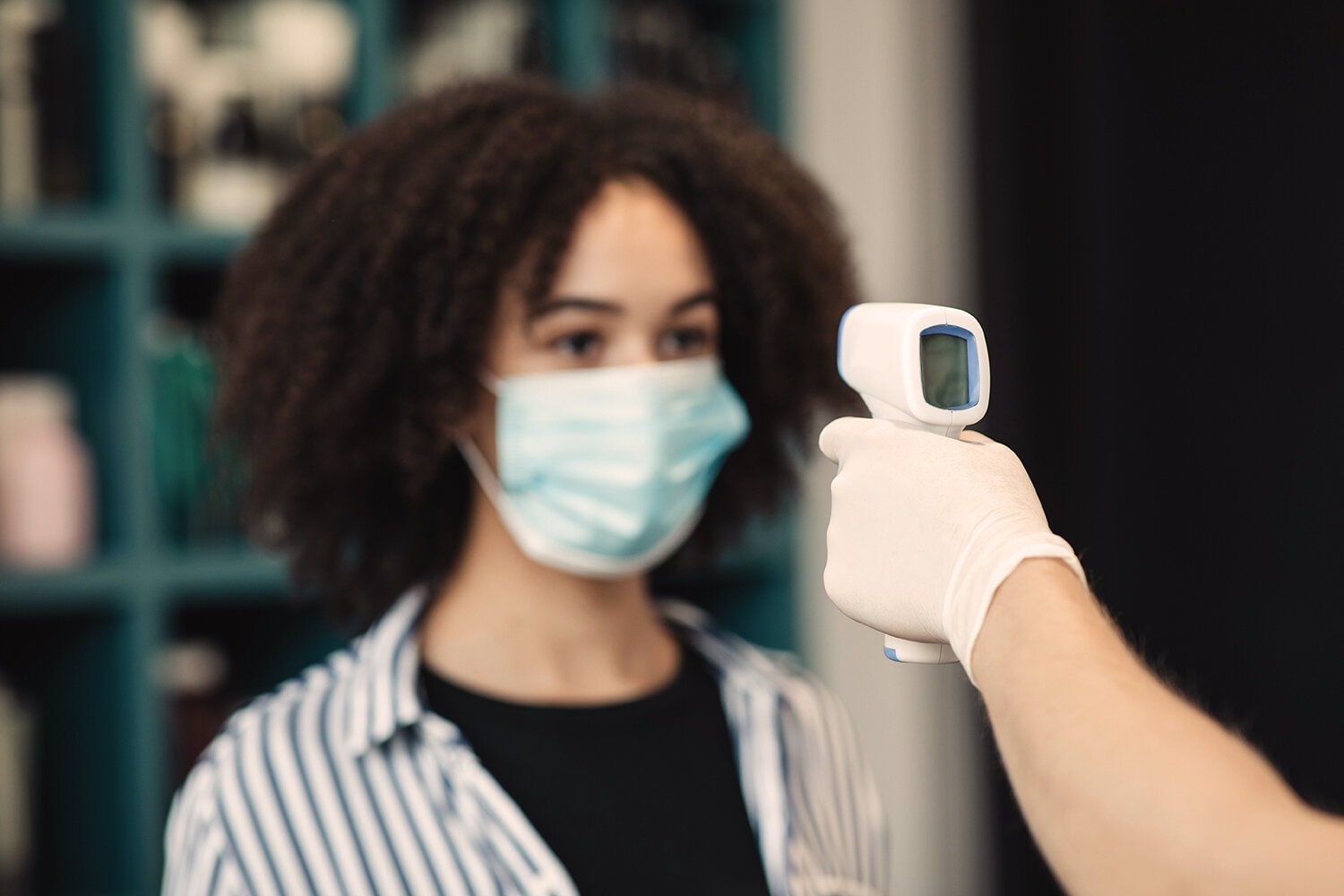The South African Medical Technology Industry Association (SAMED) condemns all inappropriate and unethical business and marketing practices relating to medical technology regardless of when they happen.
SAMED was reacting to reported allegations of unlawful procurement of personal protective equipment (PPE), sanitisers and other items essential to the national COVID-19 response.
While the procurement of these and other medical products is currently in focus, SAMED continually advocates about the crucial role procurement plays in achieving positive health outcomes and how it can enhance – or undermine – the functioning of the health system.
SAMED advises government, and other public and private health sector policy makers on solutions to make procurement more effective, transparent and protected from corruption.
SAMED calls for public vigilance and welcomes utmost transparency in order to mitigate the risks of potential collusion between organisations and individuals in the public and private sectors as this would allow for the exploitation of a national emergency for wrongful gain.
“Since the outset of the COVID-19 pandemic, we have continually informed the medical technology sector about national COVID-19 policies and called on suppliers – and everyone they work with – to respect the legislation and policies in spirit and follow them in practice,” says Tanya Vogt, SAMED Executive Officer.
Vogt says that, as the country and the healthcare system experience severe strain due to the pandemic, SAMED’s members should lead by example and refuse to be part of improper or corrupt practices including profiteering and collusion for inappropriate gain in any form. “Only in this way can we ensure that South Africa has a sustainable medical technology industry that improves health outcomes and patients’ lives.”
SAMED membership spans local manufacturing and distributing SMEs and large multinational companies. The association is dedicated to channelling their collective expertise and ability to supply quality medical products in a manner that benefits patients and the healthcare system and contributes to national socio-economic advances.
“A functioning, responsible and sustainable South African medical technology industry is essential for a quality, patient-centric health service. On behalf of SAMED, I wish to express SAMED’s commitment to support internal and external interventions that promote good governance and optimal patient care – including investigations,” says Vogt.
SAMED implements and supports different check-and-balance mechanisms for ethical business and procurement of medical supplies, including the Medical Device Code as an industry self-regulation mechanism, a dedicated independently managed whistle-blowing hotline and the Presidential Health Sector Anti-Corruption Forum.
“All SAMED members subscribe to the Medical Device Code, which allows for industry-led introspection and sanction and for external surveillance and participation in honest and appropriate use of medical products.
“In addition, SAMED supports all efforts and initiatives aimed at ensuring appropriate oversight of the entire supply chain process including marketing, tendering, delivery, training and use of quality medical technology products.
“SAMED’s recent engagements with Business for South Africa have focused on advocating for highest levels of transparency in processes related to the procurement of COVID-19 supplies through the Solidarity Fund in order to eliminate potential corruption.
“We must think beyond the current COVID-19 pandemic and strive for procurement systems that move away from a narrow, price-based models to value/outcome-based solutions,” says Vogt.
Holistic procurement evaluation criteria – especially as South Africa gets closer to more centralised purchasing as envisaged by the National Health Insurance – need to consider outcomes and life-cycle costs of the delivery of goods and services.
In the future, purchase of equipment and devices has to embrace “value for money” and “life-cycle costs” principles. These include calculations of patient/consumer outcomes and benefits of a service as well as the cost of installation, training, maintenance, depreciation and decommissioning of medical products. SAMED’s interactions with policy makers have therefore argued for the adoption of the most economically advantageous tender (MEAT) system.
“While it is painful to realise the violations of public interest as a result of the crisis we’re experiencing, it is also an opportunity for resolute action that leads to sanction and punishment where warranted while bringing accountability, transparency and honesty to our public services – including the health service,” concludes Vogt.
ends

